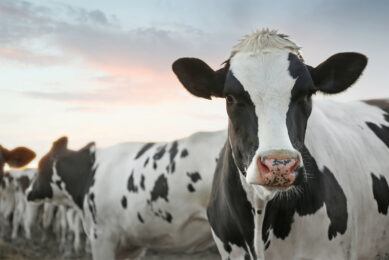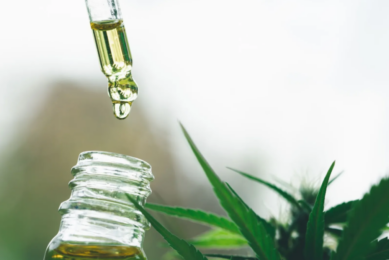Future availability of antimicrobials in pig medicine
There is a joint FAO/WHO/OIE expert meeting on the 17-21st November on critically important antimicrobials and their use in human and animal medicine – what will they do when these two lists overlap?
There is a joint FAO/WHO/OIE expert meeting on the 17-21st November on critically important antimicrobials and their use in humans and animals – what will they do when these two lists overlap?
In my weblog 10th September, I highlighted that antimicrobial use in man and in animals are generally ‘poles apart’, which to my mind is a good thing as it reduces the chances of the transference of antimicrobially resistant bacteria to humans, mainly by contaminated meat, and thereby does not jeopardise the use and efficacy of antimicrobials in man.
Capable
From the MRSA (methicillin-resistant Staphylococcus aureus) stories in hospitals that abound in the UK, the medics are quite capable of causing their own antimicrobial resistance problems.
From the MRSA (methicillin-resistant Staphylococcus aureus) stories in hospitals that abound in the UK, the medics are quite capable of causing their own antimicrobial resistance problems.
However, there is an overlap of ‘critically important antimicrobials’ and lists have been drawn up by the World Health Organization (WHO) and now the World Organisation for Animal Health (OIE) to compare them.
The US Food and Drug Administration (FDA) has their own list as well, which is significant as they have recently banned the use of fluoroquinolones in poultry and they are not used in pigs either. They also do not permit the use of trimethoprim in pigs.
 |
The experts will examine the overlaps and identify the current and potential hazards to public health. They plan to identify the combination of human-pathogen-antimicrobial use and animal species and prioritise which combination should be submitted to further risk-benefit assessment.
Further restrictions
This, potentially, could lead to further restrictions on antimicrobials and the withdrawal of certain key products from veterinary medicine and pig medicine in particular, as they plan to review current management strategies and options for maintaining the efficacy of critically important antimicrobial for humans and animals.
This, potentially, could lead to further restrictions on antimicrobials and the withdrawal of certain key products from veterinary medicine and pig medicine in particular, as they plan to review current management strategies and options for maintaining the efficacy of critically important antimicrobial for humans and animals.
In Europe, we are fortunate that when antimicrobial products are licensed a risk/benefit assessment is made, which includes resistance development. Providing we continue to use antimicrobials in a responsible and prudent way, there should not be a need for any further restrictions to be introduced.











